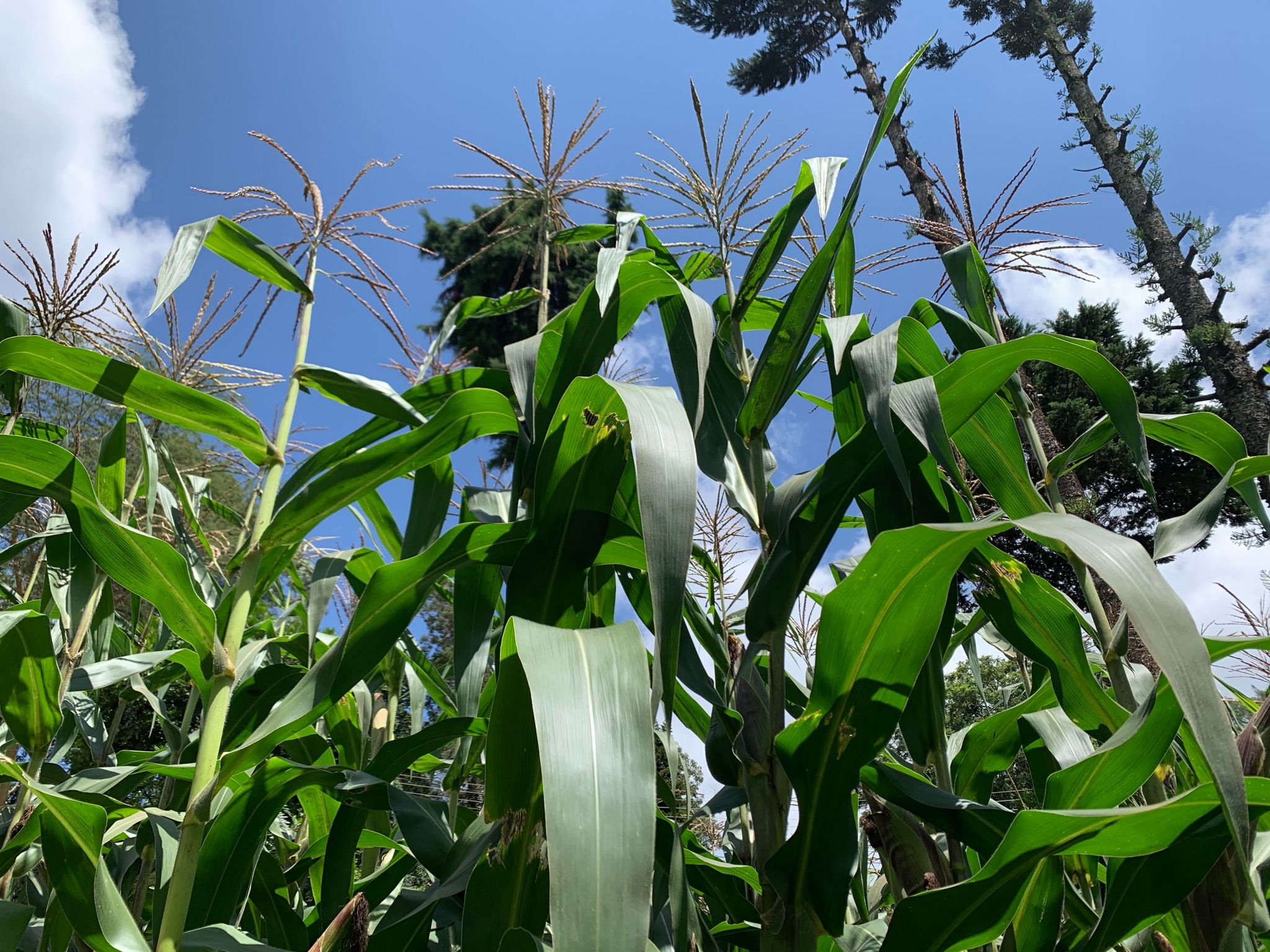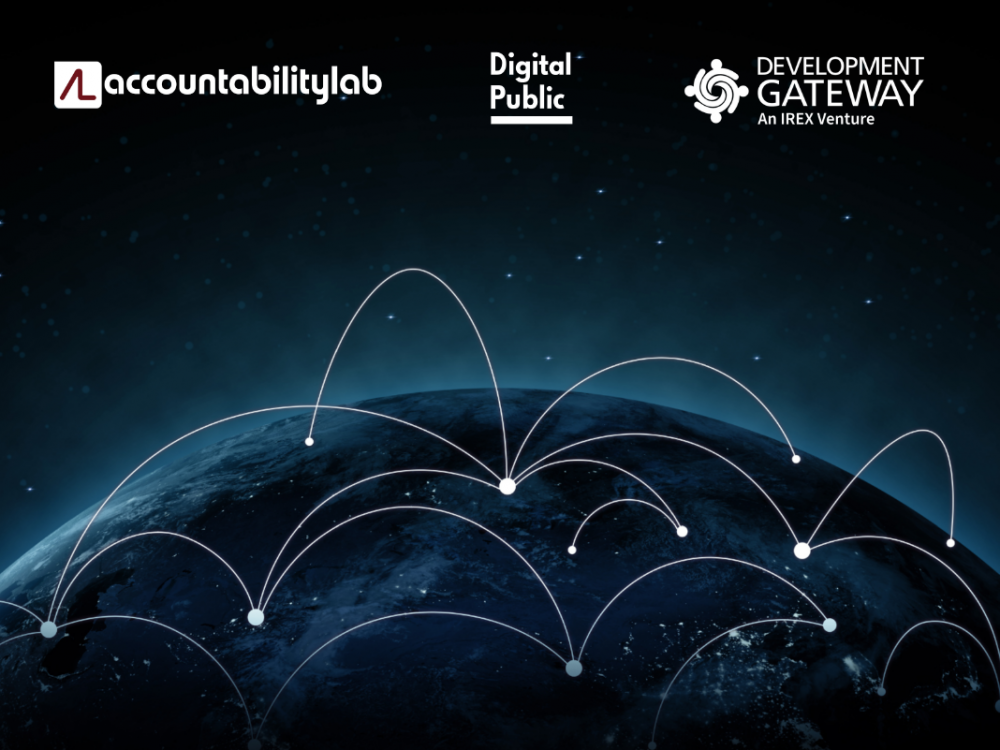Launch of The African Seed Access Index (TASAI) Visualizing Information on Seeds using Technology in Africa (VISTA)
In partnership with TASAI, Inc., Development Gateway (DG) is proud to announce the launch of the TASAI Visualizing Information on Seeds using Technology in Africa (VISTA) program.
TASAI (The African Seed Access Index) has been in existence since 2011, collecting data on the formal seed sector of African countries to identify the critical gaps, as well as notable successes, in the seed value chain. To date, the TASAI team has surveyed 21 countries in Sub-Saharan Africa, and plans are underway to increase coverage soon.
The timely availability of high-quality, affordable seeds is critical to improving food security, resilience, and livelihoods for smallholder farmers in Africa. Specifically, monitoring seed systems enables us to diagnose gaps and prioritize needs for food security. Over the next two years, we will build data use engagement, develop public-facing dashboards and tools, and assess seed quality, availability, accessibility, and price in 16 countries in Africa. Through DG’s engagements, TASAI and its stakeholders will be equipped with the tools they need to increase seeds data availability and use – to diagnose information gaps and improve smallholder farmer livelihoods.
Seed systems are the network of actors and institutions that facilitate a farmer’s access to seeds. The formal seed sector focuses on breeding and evaluating improved varieties, as well as producing, processing and marketing certified seed. In the formal system, these activities and responsible institutions are all defined in the seed law and regulations.

Four elements are essential to a well-functioning seed system. Each can be impacted at all levels by policy decisions, natural disasters, market trends, and economic forces. The criteria are as follows:
- Availability of seeds in sufficient quantities, at the right time;
- Accessibility of seeds through delivery channels with enough information for farmers to make informed decisions;
- Seed affordability and packaging in smaller quantities for smallholder farms.
- Quality of seeds must meet certain standards and include systems for accountability if seeds are not at the required standard.
Building on nearly a decade of experience developing, implementing, and managing the measurement index of Africa’s seed sector, TASAI, Inc. tracks 21 indicators that monitor seed system health, then publishes Country Briefs that provide an overview of the formal seed sector in the countries where TASAI works. DG brings nearly two decades of experience building dynamic digital tools and visual, interactive solutions that support data availability and effective use. Leveraging the unique and complementary strengths of each team, DG and TASAI look forward to a mutually beneficial partnership – in which DG’s experience working in data for development, global policy, and cross-cutting gender lens will complement TASAI’s academic and scientific approach and its expertise in African agricultural development, and more specifically, the seed sector.
TASAI VISTA is focused on several areas: 1) research and development of tools and visualizations to support seed systems, 2) industry competitiveness, 3) seed policy and regulations, 4) institutional support, and 5) service to the smallholder farmers.
Together through the TASAI VISTA program, TASAI and DG aim to help decision-makers, public sector, development partners, private sector businesses, and farmers visualize and use data to support a fully functional formal seed system.
The TASAI VISTA program kicked off with an indicator review Technical Meeting with several key stakeholders taking place in Nairobi, Kenya the first week of February.
Share This Post
Related from our library

Economic Toll of Tobacco-Related Diseases in Kenya: New Research Findings
Development Gateway: An IREX Venture (DG) is pleased to announce the publication of a research manuscript on the Economic Costs of Tobacco-Related Illnesses in Kenya. This research was carried out as part of the Tobacco Control Data Initiative (TCDI) activities in Kenya and is part of a broader report on Morbidity and Mortality from Tobacco Use in Kenya.

Building a Sustainable Cashew Sector in West Africa Through Data and Collaboration
Cashew-IN project came to an end in August 2024 after four years of working with government agencies, producers, traders, processors, and development partners in the five implementing countries to co-create an online tool aimed to inform, support, promote, and strengthen Africa’s cashew industry. This blog outlines some of the key project highlights, including some of the challenges we faced, lessons learned, success stories, and identified opportunities for a more competitive cashew sector in West Africa.

Launching a Partnership Matching Service for Nonprofits
While a lot of us have talked about the potential, value, and – in some cases – need for more mergers and acquisitions in the non-profit space, recent events have made it clear: now is the time. That’s why the teams at Accountability Lab, Development Gateway: An IREX Venture and Digital Public, partnered up to develop both a new toolkit, a partnership matching service, and professional support infrastructure aimed at assisting the organizations facing this challenge.